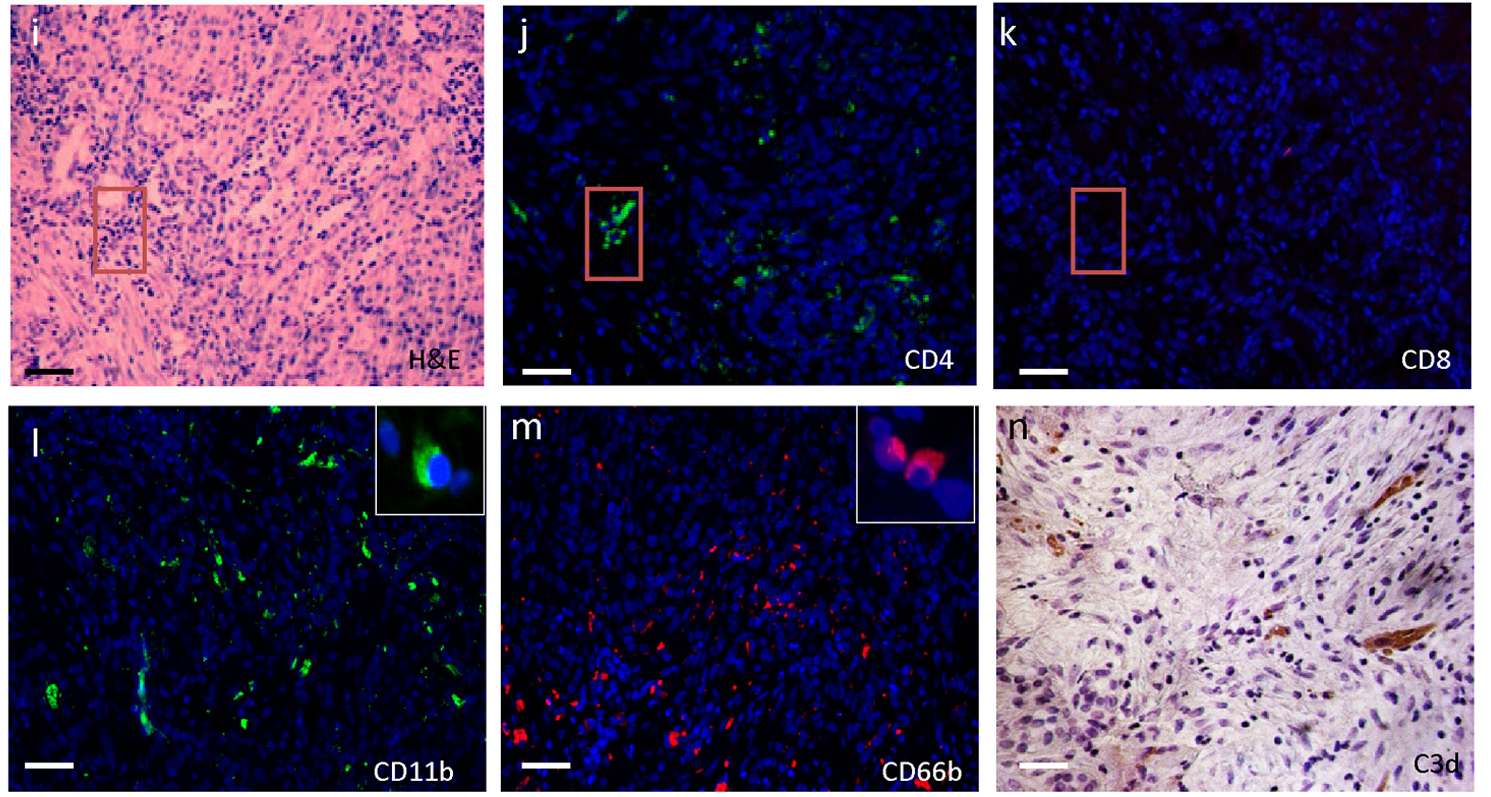
Cat. #154801
Anti-Thyroglobulin [2H11]
Cat. #: 154801
Sub-type: Primary antibody
Unit size: 100 ug
Availability: 10-12 weeks
Target: Thyroglobulin
Class: Monoclonal
Application: IHC
Host: Mouse
£300.00
This fee is applicable only for non-profit organisations. If you are a for-profit organisation or a researcher working on commercially-sponsored academic research, you will need to contact our licensing team for a commercial use license.
Contributor
Institute: Netherlands Cancer Institute
Tool Details
*FOR RESEARCH USE ONLY (for other uses, please contact the licensing team)
- Name: Anti-Thyroglobulin [2H11]
- Alternate name: TG; AITD3
- Research fields: Developmental biology
- Tool sub type: Primary antibody
- Class: Monoclonal
- Conjugation: Unconjugated
- Molecular weight: 660 kDa
- Host: Mouse
- Application: IHC
- Description: Thyroglobulin is a 660 kDa, dimeric protein produced by the follicular cells of the thyroid and used entirely within the thyroid gland. Thyroglobulin protein accounts for approximately half of the protein content of the thyroid gland. Thyroglobulin is used by the thyroid gland to produce the thyroid hormones thyroxine (T4) and triiodothyronine (T3).
- Isotype: IgG1
Target Details
- Target: Thyroglobulin
- Molecular weight: 660 kDa
- Target background: Thyroglobulin is a 660 kDa, dimeric protein produced by the follicular cells of the thyroid and used entirely within the thyroid gland. Thyroglobulin protein accounts for approximately half of the protein content of the thyroid gland. Thyroglobulin is used by the thyroid gland to produce the thyroid hormones thyroxine (T4) and triiodothyronine (T3).
Applications
- Application: IHC
Handling
- Format: Liquid
- Concentration: 0.9-1.1 mg/ml
- Unit size: 100 ug
- Storage buffer: PBS with 0.02% azide
- Storage conditions: -15° C to -25° C
- Shipping conditions: Dry ice
References
- Heffess et al. 2002. Cancer. 95(9):1869-78. PMID: 12404280.
- Judkins et al. 1999. Hum Pathol. 30(11):1373-6. PMID: 10571520.
- Bellet et al. 1983. J Clin Endocrinol Metab. 56(3):530-3. PMID: 6185526.


![Anti-CAR Whitlow Linker [1C3C3]](https://cancertools.org/wp-content/uploads/Figure-6-Kimble-et-al.-J-Immunother-Cancer-2025-300x322.jpg 300w, https://cancertools.org/wp-content/uploads/Figure-6-Kimble-et-al.-J-Immunother-Cancer-2025-280x300.jpg 280w, https://cancertools.org/wp-content/uploads/Figure-6-Kimble-et-al.-J-Immunother-Cancer-2025-954x1024.jpg 954w, https://cancertools.org/wp-content/uploads/Figure-6-Kimble-et-al.-J-Immunother-Cancer-2025-768x824.jpg 768w, https://cancertools.org/wp-content/uploads/Figure-6-Kimble-et-al.-J-Immunother-Cancer-2025.jpg 1193w)


